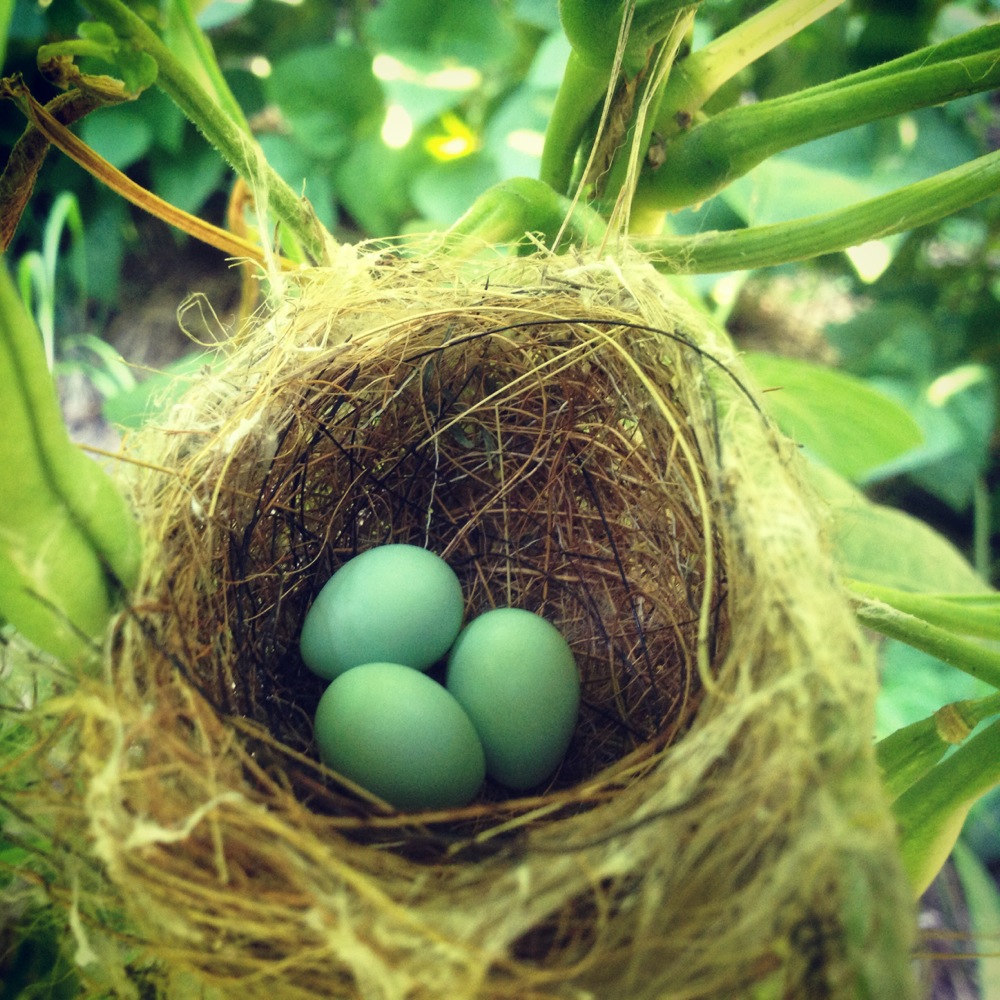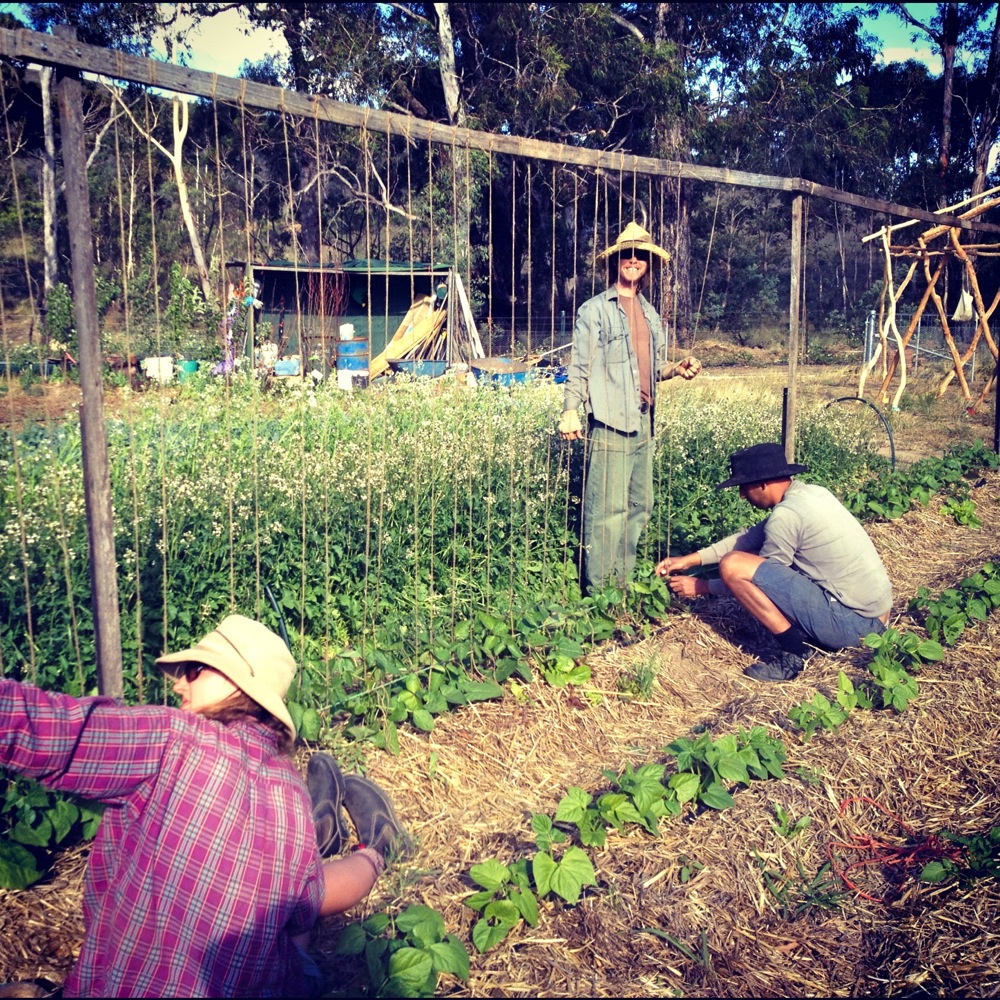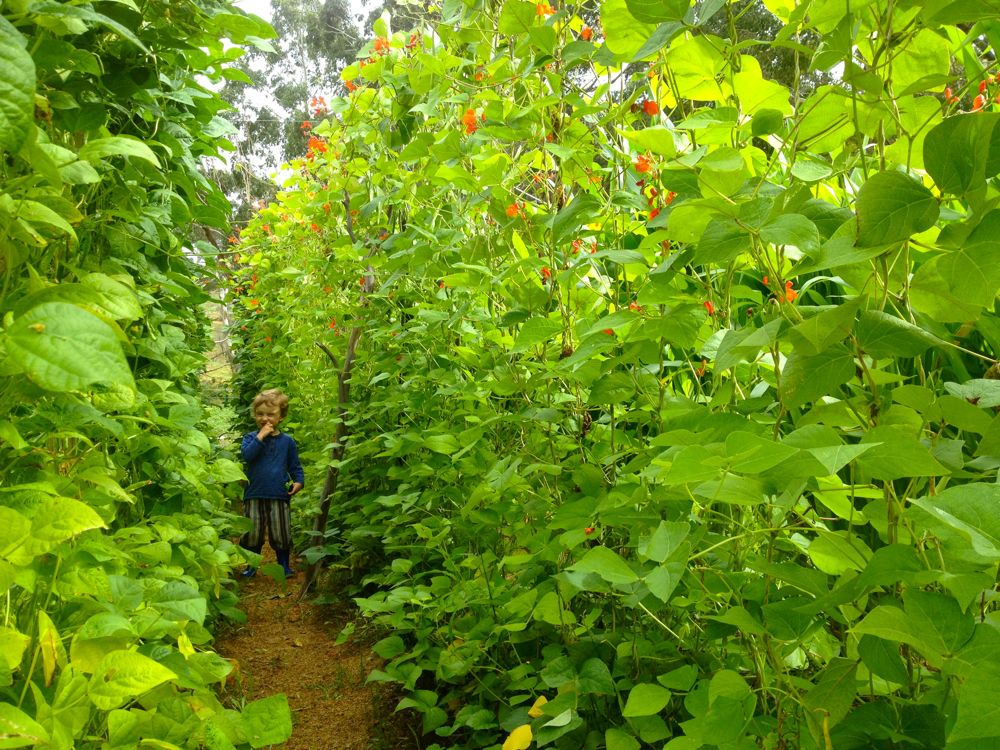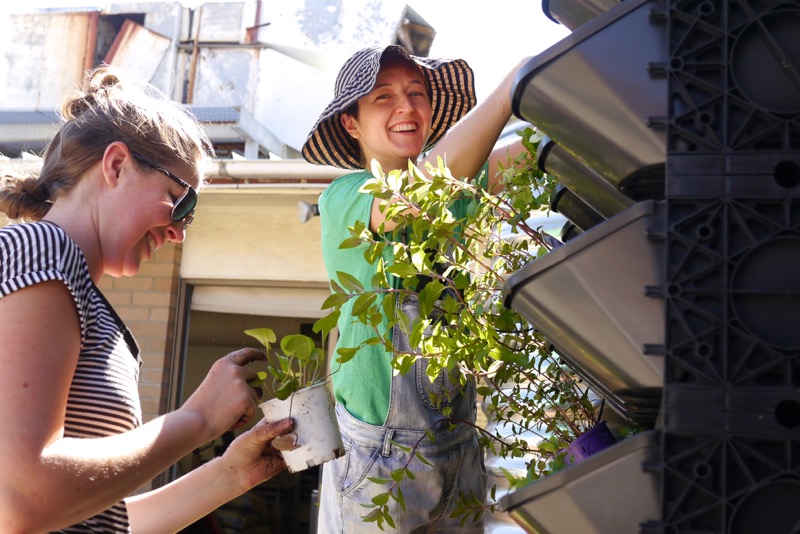Can you cut 1 Tonne of carbon pollution out of your life?
Take the challengeGarden pests are in the nature of the game...
I recently posted on how the principles of permaculture can help you start a garden.
If you're serious about starting a garden, the day will come when you find some creepy crawlies trying to get in on the fun too.
Garden pests are in the nature of the game, but there are solutions, and I'm not talking about picking up a spray bottle of pesticides.
Integrated pest management (IPM) is the process of aiming to manage your garden like an ecosystem and balancing the bad with the good.
Milkwood have defined it in simple terms…
“It’s about creating favourable conditions for ‘good bugs’ that eat and/or mitigate the ‘bad bugs’, and encouraging other useful animals (like small birds) to hang out in the garden and do your caterpillar control for you.”- Milkwood
A story from Milkwood Director Kirsten Bradley, on what integrated pest management looks like at its most beautiful, definitely has me inspired.
While she was out picking some beans for dinner from her garden, Kirsten found a silvereyes nest.

Silvereyes are one of the many types of small birds that flit in and out of Bradley's garden, and pretty much treat it like home. The bean patch is a favorite spot for them, the tall green corridors are cool, and the dense foliage is just what the small birds like best for protection.
Small birds like silvereyes, scrub wrens, fairy wrens and the like, love shelter close to where they feed.
"If you're aiming for integrated pest management in your veggie garden, plant things like grevillias or hedges of whatever makes sense close to your patch, for year round caterpillar and bug control at its most beautiful."- says Kirsten.
Garden idea to attract birds: Bean Banjos
Bean Banjos create a cool place in the middle of the day, create habitat in the garden, are easy to pick from, and easy to dismantle at the end of the season.
See more on Bean Banjos here.

A Bean Banjo being installed

Inside the fully grown Bean Banjo
I'm going to be learning more about integrated pest management at Milkwood's serious backyard veggies course, but here's a bit of introductory information to get us all thinking.
The EPA of NSW has identified some IPM control methods:
- biological control, using predators, parasites or microbial pathogens to suppress pests
- cultural and physical control, using methods such as barriers and traps; adjusting planting location or timing; or crop rotation and cultivation techniques which expose pests to predation or destroy their food, shelter and breeding habitats
- chemical control, selecting the least toxic pesticides and using them only when needed as opposed to regular preventative spraying
- plant choice, choosing plant varieties that are resistant to diseases in an area, and matching species to the site
- genetic control, releasing sterilised male insects to decrease the incidence of successful mating of pest species
- pheromone control, using pheromones to monitor insect populations in a crop or orchard
Now, putting such methods into practice is going to be in my next post. I can't wait to share what I learn with Milkwood, from vegetable garden design to raising seedlings, integrated pest management and more.

If you can't wait to start your own garden, Milkwood has a range of courses, and a great blog full of ideas to help you get on your way.
At 1 Million Women, we are advocates for growing your own food when you can. Firstly, because it instills a true sense of the value of food. Secondly, it's a great way to reduce carbon pollution emissions that occur in the food supply chain, areas including transport, processing and food waste.
Growing your own is a low-carbon solution. Large yards with plenty of sun can grow enough vegetables and herbs to significantly supplement your household needs, and even small homes and apartments can have herb pots.
If you're looking for more ways to live a low-carbon life, you can start here.
All images: Milkwood

